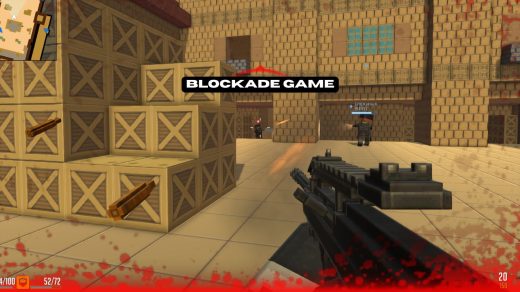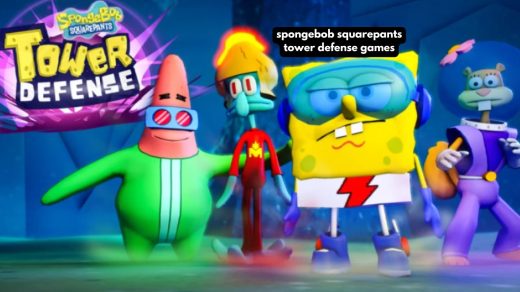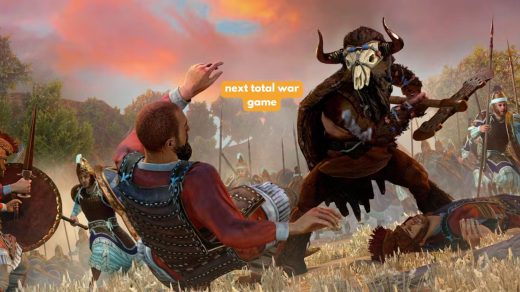Gather your friends around a table, grab some dice, and prepare to tell an unforgettable story together. Welcome to the immersive universe of tabletop roleplaying games (TTRPGs), a hobby that blends collaborative storytelling, strategic gameplay, and social connection into a unique creative experience. Far more than just a game night, engaging in a tabletop roleplaying game is an exercise in collective imagination. But what is a tabletop roleplaying game, exactly, and how do you start?
What is a Tabletop Roleplaying Game? The Foundation of Adventure
At its heart, a tabletop roleplaying game is a collaborative and guided storytelling experience. One player takes on the role of the Game Master (GM), who narrates the world, portrays non-player characters, and referees the rules. The other players each create a character—a hero of their own design—and make decisions based on what that character would do, say, and think.
How Tabletop Roleplaying Games Work: Dice, Rules, and Imagination
The mechanics of tabletop roleplaying games provide the structure that shapes the free-flowing story. While each game has its own specific rules, most follow a core loop.
- The Game Master Sets the Scene: The GM describes the environment, the situation, and the characters the players encounter.
- The Players Declare Actions: Each player states what their character wants to do. This could be anything from attacking a monster to persuading a king for aid or picking a complex lock.
- The Dice Decide the Outcome: For actions with uncertain outcomes, dice are rolled. The most common die is the iconic 20-sided die (d20). The roll, modified by the character’s skills and abilities, determines success or failure. A high roll might mean a heroic success, while a low roll could lead to a hilarious or disastrous complication.
This simple framework of description, decision, and dice creates infinite possibilities for drama, comedy, and epic moments.
The essential components for any tabletop roleplaying game session include:
- Rulebook: The core guide to the game’s world and mechanics.
- Character Sheets: Documents that record a character’s abilities, stats, and inventory.
- Dice: Polyhedral dice sets (d4, d6, d8, d10, d12, d20).
- Friends & Creativity: The most important ingredients of all.
Your First Tabletop Roleplaying Games List: Where to Begin
The world of TTRPGs is vast, with systems covering every genre imaginable. This tabletop roleplaying games list highlights a few perfect starting points for new players.
| Game Title | Genre | Core Concept | Why It’s Great for Beginners |
| Dungeons & Dragons (D&D) | High Fantasy | Heroes venture into dungeons, slay monsters, and find treasure. | It’s the most popular system with endless resources, easy-to-grasp tropes, and a huge community. |
| Call of Cthulhu | Investigation/Horror | Investigators uncover cosmic horrors that threaten their sanity. | Focuses on story and mystery over combat, with a simple d100 roll-under system. |
| Kids on Bikes | 80s Nostalgia/Adventure | Teens in a small town investigate strange and supernatural events. | Rules-light, highly narrative, and empowers collaborative world-building. |
| Monster of the Week | Urban Fantasy/Action | A team of hunters work together to take down a different monster each session. | Based on the popular “Powered by the Apocalypse” system, which is very easy to learn and run. |
Accessing Your Adventure: “Downloads” for Tabletop Roleplaying Games
Unlike video games, you don’t “download” a TTRPG to play. Instead, you acquire its core materials. The most common way to start is by purchasing a Beginner Box for a system like Dungeons & Dragons, which includes simplified rules, pre-made characters, and an exciting starting adventure.
However, the digital age has been a boon for the hobby. You can find:
- Free Basic Rules: Systems like D&D offer free basic rules online to get you started.
- Digital Rulebooks: Major games sell PDFs of their core books on platforms like DriveThruRPG, a massive marketplace for digital TTRPG content.
- Online Play Tools: Virtual Tabletops (VTTs) like Roll20 or Foundry allow friends to play together online with digital dice, character sheets, and maps.
The True Magic of Collaborative Stories:
The ultimate goal of any tabletop roleplaying game isn’t to defeat the final boss, but to create a story you’ll talk about for years. It’s about the time the bard seduced the dragon instead of fighting it, or the moment the warrior’s critical failure led to a slapstick disaster. It’s a hobby built on shared creativity, laughter, and friendship.
For a different kind of interactive fun, you can also explore the vast world of digital games at Playistan.
Frequently Asked Questions (FAQs)
Q1: How much does it cost to start playing tabletop roleplaying games?
It can be very inexpensive. You can start with just the free basic rules for a game like D&D, a free dice-rolling app, and some paper for character sheets. The only mandatory cost is your imagination. Beginner boxes are a great low-cost next step.
Q2: I want to play, but none of my friends want to be the Game Master. What can I do?
There are many options! You can take turns running one-shot adventures, look for a local game store that hosts beginner sessions, or find an online group through forums and dedicated platforms like Roll20. Many online communities welcome new players.
Q3: Are tabletop roleplaying games only about fantasy and combat?
Not at all! While fantasy is popular, there are tabletop roleplaying games for every genre: sci-fi, horror, romance, mystery, comedy, and more. Many systems de-emphasize combat entirely, focusing instead on investigation, social interaction, and pure storytelling.Find your story and begin your adventure. And for a quick dose of digital fun, visit https://www.playistan.com/.


